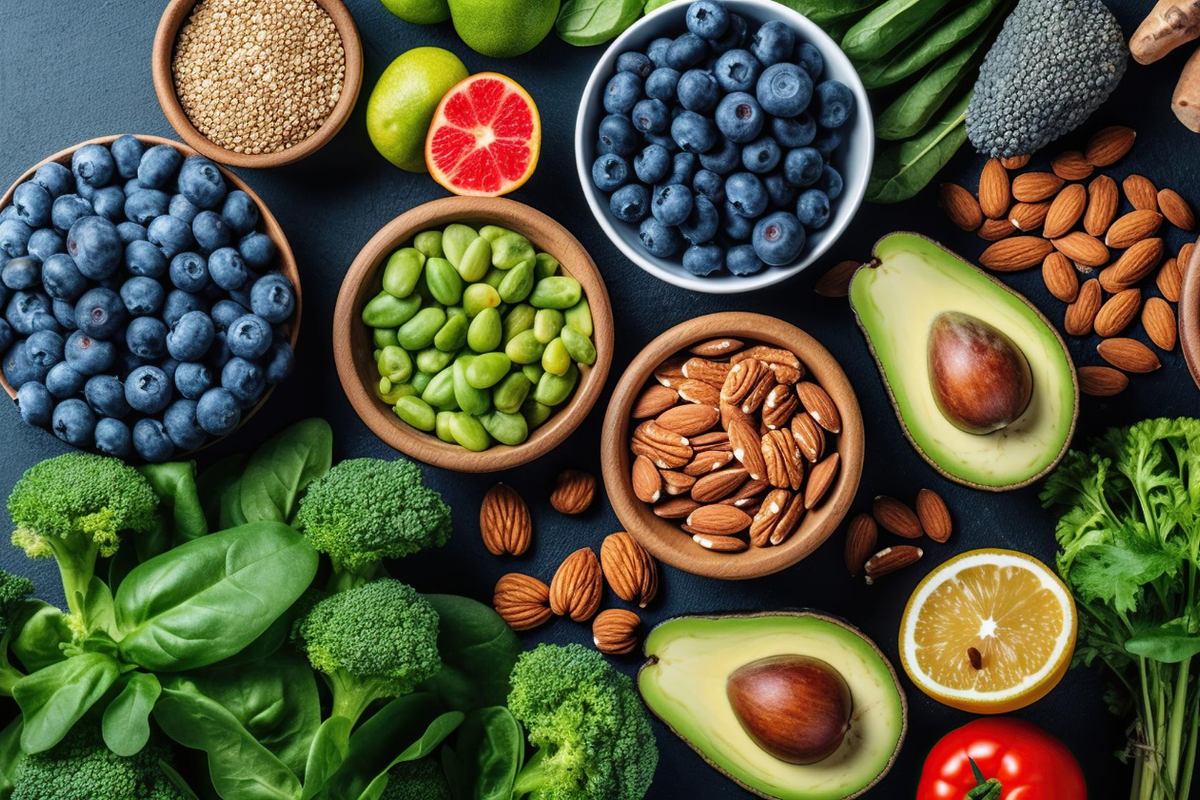
Feeling exhausted despite a good night’s sleep and a healthy lifestyle? It’s a common dilemma many face in today’s fast-paced world. The terms laziness, tiredness, and fatigue are often used interchangeably, but they signify distinct conditions with varying underlying causes. Let’s delve into the nuances of each and explore effective strategies to overcome them.
Distinguishing Laziness, Tiredness, and Fatigue
While laziness, tiredness, and fatigue may manifest similarly, they stem from different origins:
- Laziness: Characterized by a lack of motivation and energy, laziness hampers productivity throughout the day. It’s associated with an imbalance in kapha, one of the three doshas in Ayurveda. Heavy meals or excessive sleep can exacerbate feelings of laziness, making it challenging to engage in physical or mental tasks.
- Tiredness: Tiredness, or shrama in Sanskrit, arises from vata imbalance and typically occurs towards the end of the day. It manifests as physical and mental fatigue, often accompanied by digestive disturbances and irregular hunger patterns. Continuous physical or mental exertion can lead to persistent tiredness, gradually transitioning into fatigue.
- Fatigue: Fatigue is a more profound state of exhaustion resulting from prolonged physical or mental stress. It stems from sustained tiredness and disrupts both mental well-being and physical health. Chronic illnesses like diabetes can also contribute to persistent fatigue, further complicating the condition.
Recognizing Symptoms and Causes
Identifying the symptoms and underlying causes is crucial for effectively managing each condition:
- Laziness: Symptoms include a lack of interest in activities, sluggishness, and difficulty concentrating. Imbalanced kapha, induced by factors like heavy meals and prolonged sleep, contributes to feelings of laziness.
- Tiredness: Symptoms of tiredness encompass fatigue, digestive discomfort, and fluctuating hunger levels. Vata imbalance, exacerbated by physical or mental strain, is the primary cause of tiredness.
- Fatigue: Fatigue manifests as profound exhaustion, persistent lethargy, and mental fog. Prolonged physical or mental stress, coupled with underlying health conditions like diabetes, can precipitate fatigue.
Conquer Fatigue and Laziness: Empowering Strategies for Sustainable Energy
Feeling sluggish, unmotivated, and constantly tired? You’re not alone. Many people struggle with persistent fatigue, impacting their productivity, mood, and overall well-being. But fear not! You can reclaim your energy and vanquish the forces of laziness with a combination of strategic lifestyle changes and mindful practices.
1. Embrace the Power of Sleep: Just like your phone, your body needs regular recharging. Prioritize a consistent sleep schedule, aiming for 7-8 hours per night. Go to bed and wake up at the same time each day, even on weekends, to regulate your body’s natural sleep-wake cycle. This optimizes restorative sleep cycles, ensuring you wake up feeling refreshed and energized.
2. Fuel Your Body, Fuel Your Energy: What you eat directly impacts your energy levels. Ditch the heavy, greasy meals that weigh you down and embrace a balanced diet rich in fruits, vegetables, and lean proteins. These nutrient-dense foods provide sustained energy while avoiding the sluggishness associated with processed and sugary fare. Remember, you are what you eat, so choose wisely to power your best self.
3. Move Your Body, Move Your Mood: Don’t underestimate the power of physical activity! Even moderate exercise like brisk walking, yoga, or cycling can combat feelings of lethargy and fatigue. Regular physical activity boosts energy levels, improves mood, and promotes better sleep, creating a virtuous cycle of vitality. Find activities you enjoy and incorporate them into your routine, be it a group fitness class, a solo jog in the park, or dancing in your living room – get those endorphins flowing!
4. Tame the Mental Clutter: Feeling overwhelmed and mentally drained can often translate into physical fatigue. Mindfulness practices like meditation or deep breathing exercises can help you declutter your mind, reduce stress, and improve focus. Dedicate even 10 minutes a day to quiet your thoughts and reconnect with your inner calm. This mental clarity can significantly impact your energy levels and overall well-being.
5. De-Stress for Success: Chronic stress is a major culprit behind fatigue. Identify your stress triggers and implement effective coping mechanisms. Try journaling, spending time in nature, engaging in hobbies you enjoy, or seeking professional support if needed. Remember, managing stress is not a luxury, it’s a necessity for optimal health and energy.
6. Hydration: Your Body’s Lifeline: Don’t underestimate the power of water! Dehydration can zap your energy levels significantly. Ensure you stay adequately hydrated throughout the day by carrying a reusable water bottle and sipping regularly. Aim for 8 glasses of water per day, adjusting based on your activity level and climate.
7. Seek Professional Guidance: If you’ve tried these strategies and fatigue persists, don’t hesitate to seek professional help. A healthcare professional can assess your individual situation, rule out any underlying medical conditions, and recommend personalized treatment options. Remember, taking charge of your health is crucial, and sometimes professional guidance can be the missing piece.
By incorporating these strategies into your daily routine, you can effectively manage and overcome fatigue, reclaim your energy, and experience life to the fullest. Remember, consistency is key, so be patient, embrace the journey, and witness the transformative power of prioritizing your well-being!
Conclusion
In conclusion, understanding the distinctions between laziness, tiredness, and fatigue empowers individuals to address these conditions proactively. By implementing lifestyle modifications tailored to each condition’s underlying causes, you can cultivate resilience, vitality, and mental clarity. Remember, prioritizing self-care and seeking professional guidance when needed are essential steps towards achieving lasting well-being and vitality.







